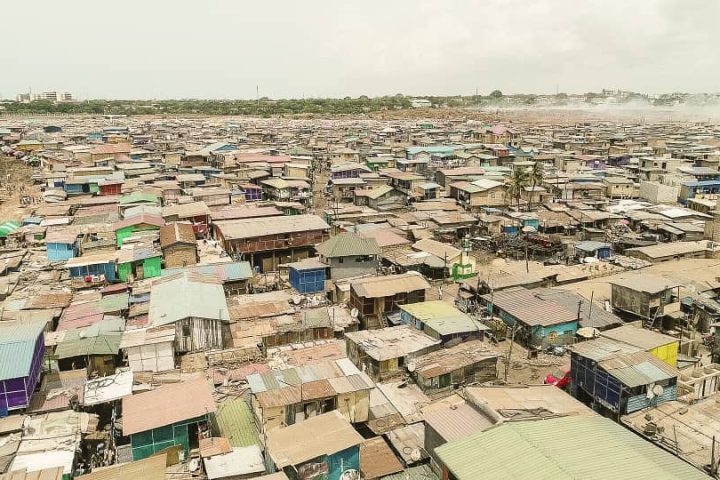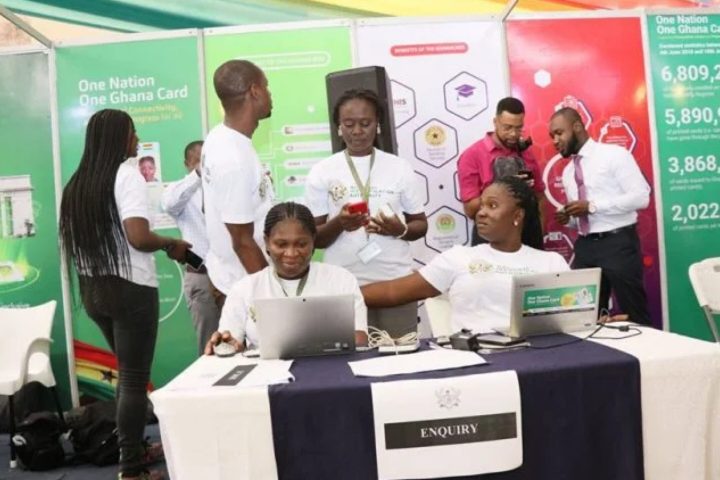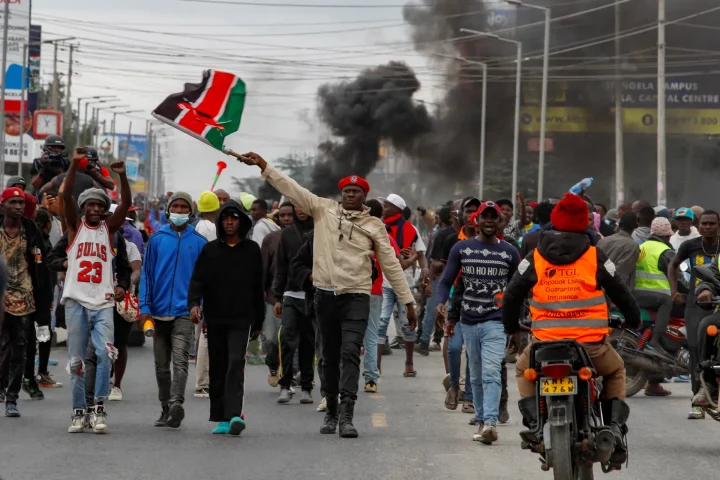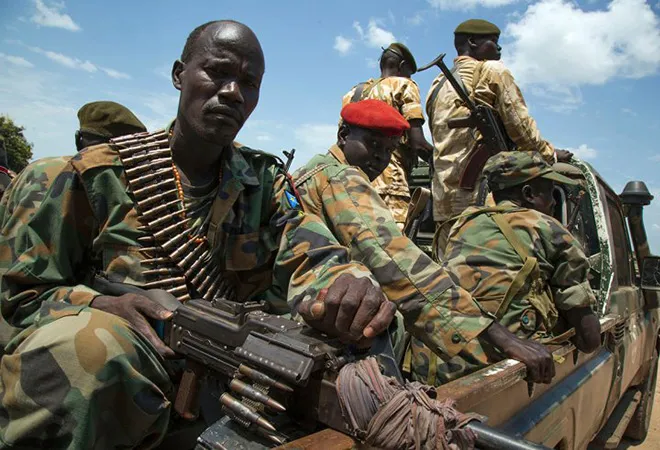Ghana’s inflation rate plummeted to a 14-month low of 35.2% in October after a projection of a less drastic drop. Government Statistician Samuel Kobina Annim announced in Accra, highlighting the nation’s efforts to stabilize amidst its severe economic crisis.
Prime Business Africa revealed earlier as predicted by Global financial advisory service firm, KPMG, that Nigeria’s headline inflation is poised to skyrocket to 30% by the end of 2023. This brings about worry on the issue of inflation among West African countries.
Join our WhatsApp ChannelSpeaking at the announcement, Annim stated, “The faster-than-expected decrease in inflation reflects a notable reduction in food prices, contributing significantly to this decline.”
This decline comes at a critical juncture for the cocoa-producing country, grappling with one of its most severe economic crises. Ghana is currently engaged in discussions with bilateral and commercial creditors to restructure its debts, seeking financial stability amid mounting challenges.
READ ALSO: Ghana To Conclude Rate Hikes As Falling Inflation Sparks Hope
The decision to release the inflation data a day earlier than scheduled was aimed at aligning with Finance Minister Ken Ofori-Atta’s upcoming presentation of the 2024 budget. This shift allows for focused attention on fiscal strategies to address the economic turmoil gripping the nation.
The drop in inflation grants the Central Bank increased flexibility to maintain borrowing costs unchanged during its imminent monetary policy committee meeting later this month.
With food inflation easing to 44.8% from 49.4% in September and non-food prices slowing to 27.7% from 29.3%, the overall increase in prices stood at 0.6% for the month.
“This inflation slowdown, combined with anticipated additional funding from an imminent International Monetary Fund (IMF) bailout package, may prompt the monetary policy committee to retain borrowing costs at 30% for a second consecutive meeting,” remarked an economist in Ghana analyzing the situation.
The forthcoming budget presentation by Finance Minister Ofori-Atta is anticipated, expected to outline the government’s commitment to fulfilling the conditions of the $3 billion IMF program approved earlier in the year.
The budget’s focus will shed light on the progress made in negotiating debt restructuring with bilateral lenders, a crucial step in unlocking further financial assistance for the country’s recovery efforts.
The Monetary Policy Committee is slated to announce its decision on November 27, navigating Ghana’s economic waters in the face of challenges while striving to implement measures for stability and growth.
Emmanuel Ochayi is a journalist. He is a graduate of the University of Lagos, School of first choice and the nations pride. Emmanuel is keen on exploring writing angles in different areas, including Business, climate change, politics, Education, and others.


















Follow Us